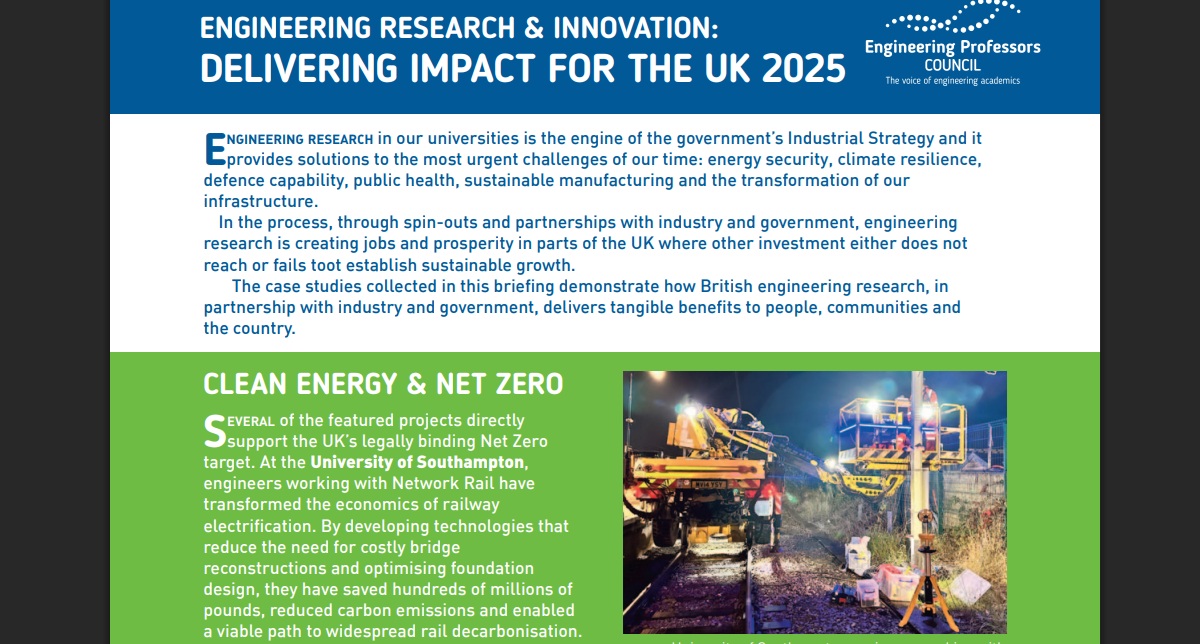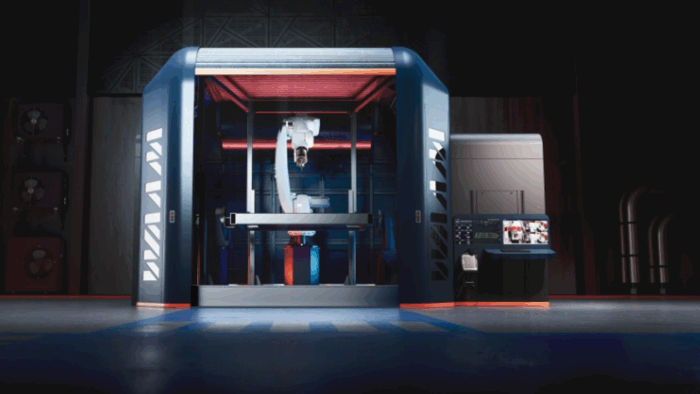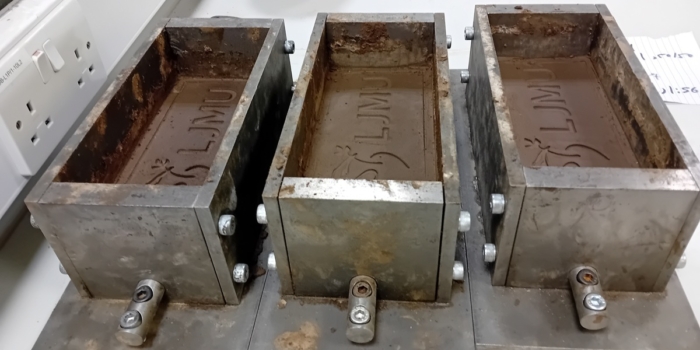ENGINEERING RESEARCH in our universities is the engine of the government’s Industrial Strategy and it provides solutions to the most urgent challenges of our time: energy security, climate resilience, defence capability, public health, sustainable manufacturing and the transformation of our infrastructure.
In the process, through spin-outs and partnerships with industry and government, engineering research is creating jobs and prosperity in parts of the UK where other investment either does not reach or fails toot establish sustainable growth. The case studies collected in this briefing demonstrate how British engineering research, in partnership with industry and government, delivers tangible benefits to people, communities and the country.
CLEAN ENERGY & NET ZERO
SEVERAL of the featured projects directly support the UK’s legally binding Net Zero target. At the University of Southampton, engineers working with Network Rail have transformed the economics of railway electrification. By developing technologies that reduce the need for costly bridge reconstructions and optimising foundation design, they have saved hundreds of millions of pounds, reduced carbon emissions and enabled a viable path to widespread rail decarbonisation.
At Manchester Metropolitan University, researchers are tackling the technical barriers to integrating hydrogen into the national grid. Their work ensures that hydrogen technologies, critical to the clean energy transition, can connect safely and reliably to power networks, accelerating deployment and safeguarding the UK’s position as a leader in the global hydrogen economy.
Cranfield University’s work on water treatment has given utilities new tools to maintain high-quality drinking water, reduce chemical use, and improve resilience against climate shocks. The impact has been both national and international, improving the security of water supply for millions.
HEALTH, WELLBEING & LIFE SCIENCES
THE UNIVERSITY OF DERBY’s iTrend project exemplifies how engineering can save lives in healthcare. By combining novel sensors, data, fusion, and machine learning, the team is transforming monitoring for dialysis patients, reducing the risk of dangerous blood-pressure drops and offering the prospect of thousands of lives saved annually in the UK and abroad.
Ulster University has pioneered sensor systems and digital healthcare platforms that are already influencing international standards, from cardiovascular monitoring to rapid diagnostics. Their algorithms are adopted by the US Food and Drug Administration, with global benefits for patient safety and healthcare efficiency.
DEFENCE, SECURITY & ADVANCED MANUFACTURING
THE UK’S DEFENCE AND AEROSPACE industries are strengthened through cutting-edge research in manufacturing and asset management. Cranfield University’s spin-out WAAM3D has commercialised wire-arc additive manufacturing, reducing titanium waste by up to 80% and enabling lower-cost, lower-carbon production of critical aerospace and defence components. In parallel, Cranfield’s work on through-life engineering services has informed the creation of the PAS 280 standard, now embedded in the Ministry of Defence and companies such as Rolls-Royce and BAE Systems. These advances improve the reliability of complex assets, reduce costs to the government, and underpin national defence readiness.
Working with a regional SME, Northumbria University has developed new high-strength steel sections that use less material and reduce carbon while meeting structural needs in construction. This not only strengthens local manufacturing but also contributes to sustainable building practices.
SUSTAINABLE CITIES & COMMUNITIES
ENGINEERING RESEARCH addresses the “triple planetary crisis” of climate change, air pollution and biodiversity loss. The HYVERT.ai project in Manchester has demonstrated the measurable environmental benefits of living green walls, from carbon capture to biodiversity gains, while creating jobs and local manufacturing capacity. Coupled with AI and smart monitoring, it offers a scalable model for healthier, more resilient cities.
Meanwhile, Middlesex University’s FRESHBIM-FRESHDT project applies digital twins and artificial intelligence to the conservation of heritage buildings. Piloted in Cairo and extended to the Palace of Westminster, this approach reduces carbon emissions, creates employment, and enhances cultural tourism. It is a striking example of how engineering innovation can preserve history while supporting future prosperity.
A NATIONAL ASSET WITH GLOBAL REACH
THESE CASE STUDIES are drawn from institutions across the UK. They showcase not only technical excellence but also the power of partnerships: with SMEs and multinationals, with the NHS and the Ministry of Defence, with local councils and international agencies. Their impact is local, as they create jobs and strengthen communities. It is national cost savings, enhanced resilience, and improved public services. And it is global advances in sustainability, healthcare and defence that enhance the UK’s standing as a science superpower.
Read all these case studies in full and many others by visiting the EPC website campaign. Or you can view and download this showcase summary sheet to share more widely and promote the power of UK engineering HE.




